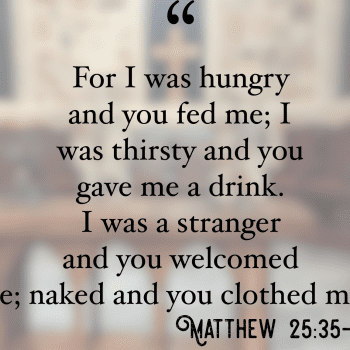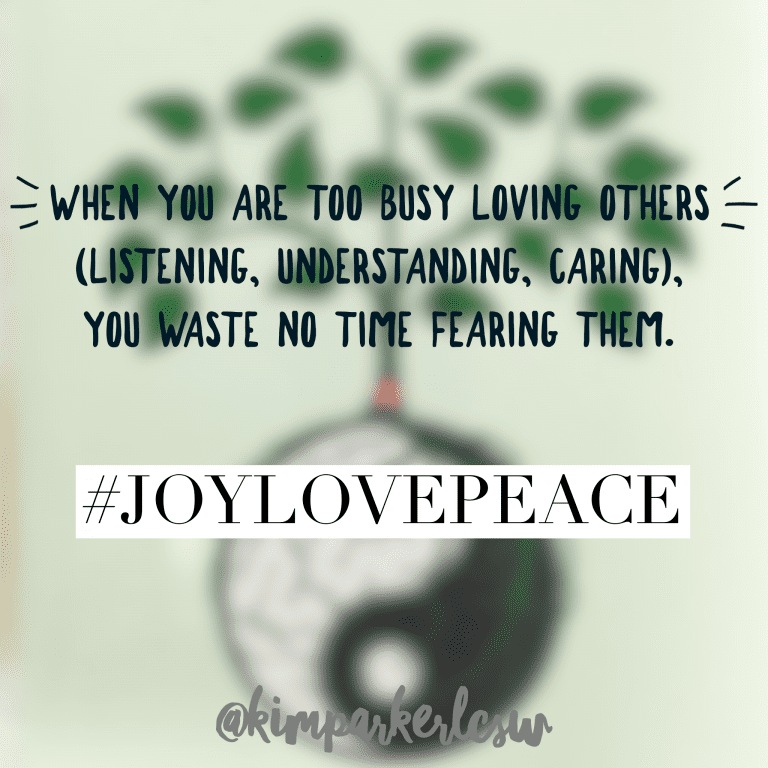Christians often struggle in relationships for the right and godly thing to do. Sometimes, we fall into the worldly narrative that we need to cut off “toxic people” from our lives. Yet, is this the biblical approach when the toxic individual is a family member?
Is there someone in your life whom you consider to be “toxic”? If you do not love this difficult individual, or don’t have to deal with him or her being in your immediate circle, then draw your boundaries to eliminate or reduce any interactions. Life is too short to be wasted on trying to please everyone or making people love you when they don’t. However, if the individual in question is a family member or someone in your close social circle whom you love, then the following guidelines** may be helpful to Christians.
**see disclaimer at the end of this blog
- Refuse to see the individual as toxic. Choose to see the person or behavior as confusing at worst. Labeling them negatively puts them in a box, robs them of their humanity, gives you the false notion that you are excused from self growth, or that there is nothing you can do to improve the difficult relationship.
- Separate the behaviors from the person. We are more than the sum of our behaviors.
- Understand that not everyone reacts to a certain situation with the same emotions. The confusing person may seem toxic to you, but a wonderful, loving, completely relatable person under other circumstances.
- Identify the feelings these behaviors are invoking in you. Most likely, underneath the anger and stress is hurt and fear, possibly even grief from past rejection or loss.
- Listen to and accept your feelings. Respond to them rather than suppress or reject them.
- Identify the thoughts these behaviors are invoking in you. Thoughts are made up from neuron activities in the brain, but they also affect our physiological states, therefore our reality, our lived experience. Pay attention to them. Eastern Buddhists call this being mindful.
- Consult with a trusted friend or therapist regarding your thoughts. Reject the ones that are not true, honorable, right, pure, lovely, or admirable (see Philipians 4:8).
- Deny the temptation to stay in your echo chamber by venting or complaining with the same people about the same “toxic” individual. This is especially important when the confusing person is in the same family or close knit social circle with you. Who needs perpetual drama or strife when we can live with joy, love, and peace? It is especially important that parents model seeking peace and harmony in family relationships for their young children.
- While working to better understand and connect with this confusing person, set temporary boundaries to protect yourself from future hurt. One example is to choose to have someone else present when interacting with this individual (to keep your behaviors accountable, keep open communication, and give you a sense of security that deters any overreacting tendencies on your part). Another choice might be to temporarily limit communication to written ones, which give you more time to be thoughtful.
- Resist the urge to react out of anger, burning bridges, or making other hasty, impulsive choices that can have long term destructive effects (see Ecclesiastes 5:2).
- Refrain from thoughts of judging the individual negatively, blaming him for your suffering, attempting to change her, getting him to “pay” for his behaviors (see Romans 12:19).
- If you are a Christian, pray for the individual. Do not tell them in anger, “I’m praying for you!” Instead, quietly ask God to help you forgive this individual for the hurt you feel, and/or to humbly apologize and seek forgiveness. Pray for God to help you have a better, closer relationship with this person. Ask Him to bless and protect this individual. Ask God about how you can love this confusing individual better.

pray for insight, wisdom, and courage












